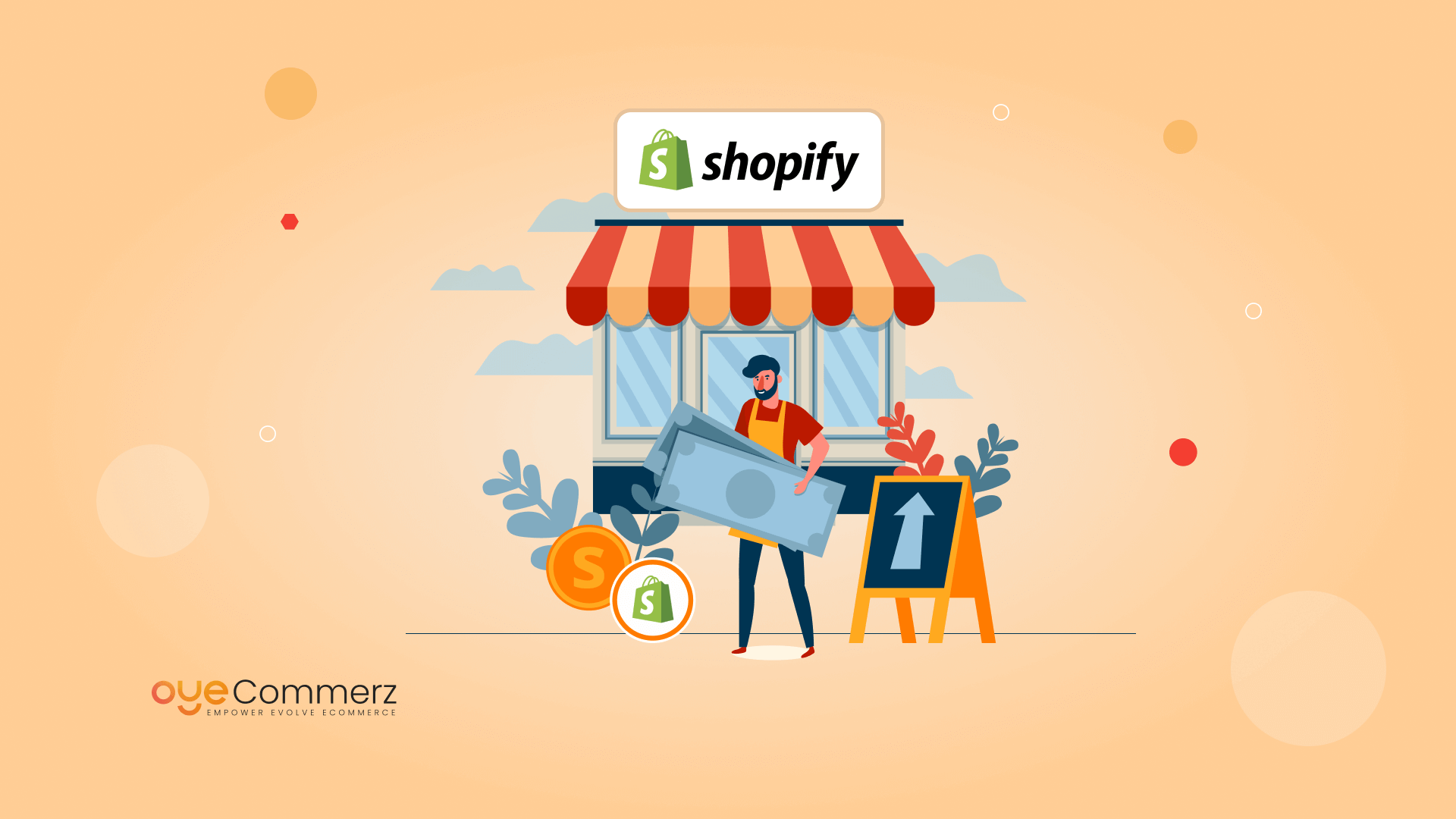Introduction
In today’s competitive e-commerce environment, standing out is essential, and a top method to set apart a Shopify store is through custom app creation. A robust Shopify app can boost store functionality, simplify processes, and boost customer interaction. This guide delves into essential elements of Shopify app development, from API integration to growth techniques and promotion methods, providing a roadmap for businesses seeking superior store performance.
Why Shopify API Integration Matters
Shopify’s API offers robust tools to personalize and extend store capabilities. With the GraphQL and REST API options, developers can access data to create apps that handle inventory control, order processing, and customer information management seamlessly. Integrating Shopify’s API can enable improved workflow automation and enables stores to assist shoppers more efficiently.
Adopting the Polaris Design System
Shopify’s Polaris is Shopify's design system for creating intuitive and accessible Shopify apps. By adhering to Polaris principles, developers guarantee that apps seamlessly integrate within the Shopify Admin experience. This ensures a cohesive look and feel that appeals to Shopify merchants, encouraging usability and comfort for merchants using your tailored app.
Understanding the Shopify App Ecosystem
The Shopify app ecosystem offers endless possibilities for improving online stores. From handling order fulfillment to boosting customer engagement, apps in this environment are tailored to meet diverse business needs. Familiarizing with this system helps developers in finding unique app ideas and allows for seamless integration of external tools that enhance the store.
Developing Embedded Shopify Apps
Embedded apps work seamlessly within the Shopify Admin, allowing a seamless experience Shopify custom app for merchants. They allow merchants do not need to navigate away from their Shopify dashboard, simplifying their process. Employing Shopify App Bridge and embedded app features is recommended for providing a unified, integrated user experience.
Using Node.js and React for Shopify Apps
The technologies Node.js and React have emerged as ideal tools for Shopify app creation. Node.js enables efficient back-end services, while React allows for dynamic, responsive front-end design. Together, they provide an strong framework for building fast, scalable Shopify apps that improve store functionality and customer interaction.
Utilizing Webhooks in Shopify Development
Webhooks allow real-time data synchronization between Shopify and an external app. They trigger events such as new orders or stock changes and provide immediate alerts to your app. By implementing webhooks, apps can deliver real-time information to store owners, streamlining workflows and increasing productivity.
Engaging Customers Through Digital Marketing for Shopify Apps
To ensure Shopify app success, engaging customers Features for successful Shopify app development is crucial. Using digital marketing strategies like SEO, email marketing, and social outreach can increase app usage. Additionally, creating applications with customer engagement in mind (e.g., loyalty programs or personalized suggestions) boosts user loyalty and satisfaction.
Making Your Shopify App Scalable
As e-commerce businesses grow, so do their technology requirements. Making sure that your app can scale to handle higher usage, larger data sets, and more complex functionalities is essential. By improving server resources and using scalable technologies, you can create apps that expand in parallel to a store’s success.
Important Features and Maintenance Tips for Shopify Apps
For an app to be effective, it should include essential features like user login, analytics dashboard, and support channels. Ongoing app upkeep, with updates to fix bugs and compatibility checks with new Shopify functionalities, is important to maintain uninterrupted performance and avoid interruptions to merchant workflows.
Conclusion
Custom Shopify app development holds vast potential for e-commerce stores, offering the ability to enhance performance, streamline processes, and build customer relationships. With API integrations and Node.js to focusing on scalability and customer interaction, creating a Shopify app involves careful planning and strategic execution. If you’re ready to unlock your store’s full potential, a tailored Shopify application may be the perfect solution. What features do you envision for your ideal app? Share your ideas and take the first step toward an optimized e-commerce journey!
